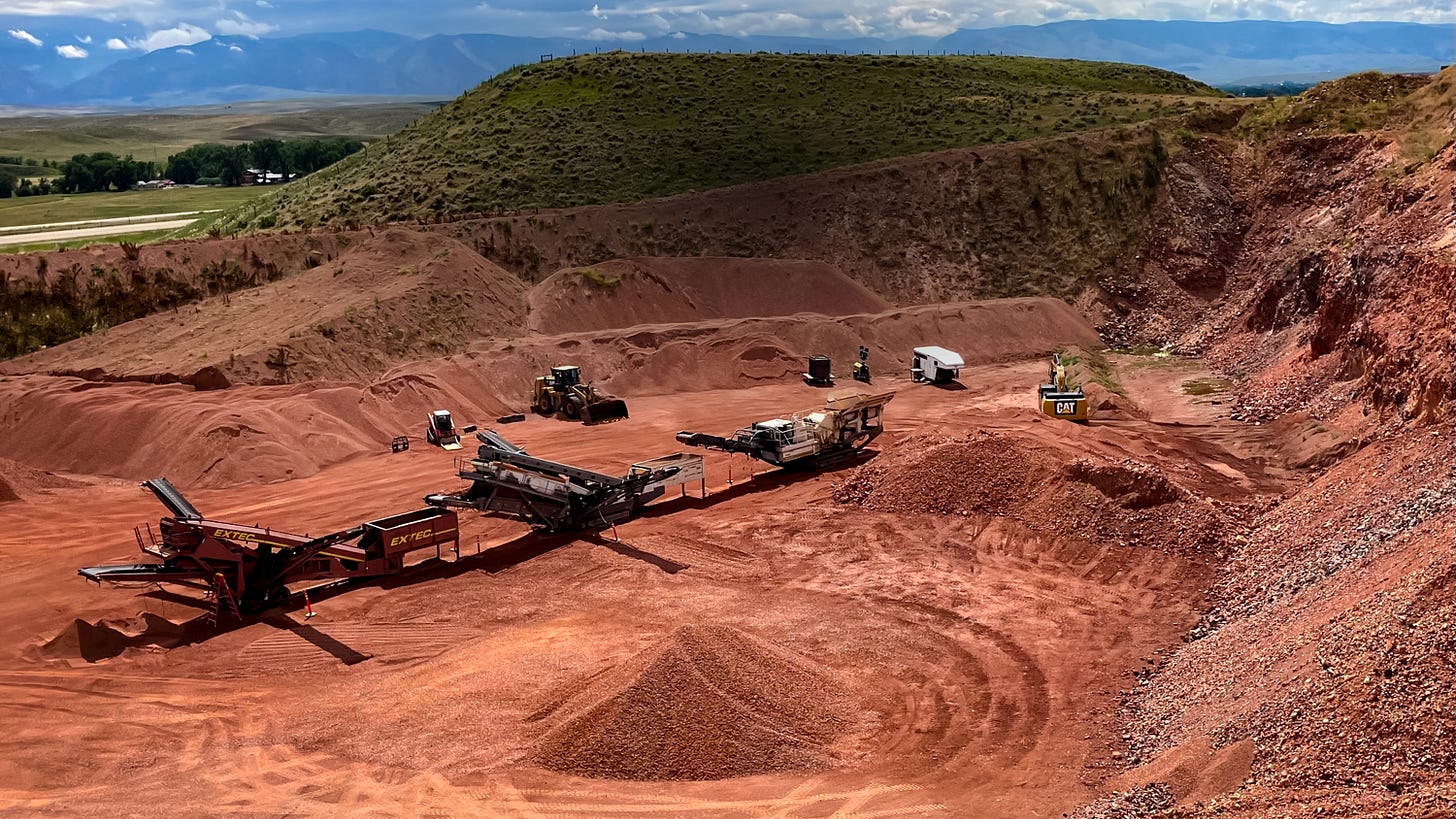How the Trump Administration Is Breaking the CCP’s Hold on Rare Earths
Key to countering China’s dominance is to make mining and refining profitable again in the United States.
NOTE: I have lost count of how many interviews — including Fox Business — I’ve done in the past week on China’s renewed threat to the West on Rare Earth Elements, essential to everything from F-35s to iPhones. China’s monopoly on REE refining is a danger to us all, one they’re clearly willing to exploit in the same way OPEC once exploited oil. It must not be allowed to persist.
This is no small driver of Trump’s foreign policy in Ukraine, Greenland, and Africa: securing future supply diversification away from China. Yet while China controls 60-70% of the world’s REE mining, which is easier to counteract, the true bottleneck is refining, 92% of which is in China. That must be addressed, and fast.
America could supply 85% of the world’s REE needs. We have them: we just don’t mine or refine them. But some things should not be outsourced. It’s time we got serious. Here’s what the Trump Administration is getting done, and where the opportunities lie. — RDM
by John Haughey
October 20, 2025
The United States recognized decades ago that the Chinese Communist Party was subsidizing a vast expansion of Chinese mining and processing capacities to manipulate mineral and metal markets and dominate global manufacturing supply chains.
As early as 1980, with the adoption of the National Materials and Minerals Policy, Research, and Development Act, Congress declared an urgent priority “to strengthen materials research, development, production capability, and performance of the United States.”
Yet, in the past half-century, domestic manufacturers — including in the nation’s defense industry — have only become more reliant on imported minerals and processed metals, beholden to CCP market manipulation, as documented by the U.S. Geological Survey in January.
This vulnerability is longstanding and needless. It was made glaringly apparent during 2010’s “rare earths crisis” when China restricted global exports of rare earths; in 2023, when it restricted gallium, germanium, and graphite to the United States; and in April, when it expanded restrictions to include gadolinium, dysprosium, lutetium, samarium, scandium, terbium, and yttrium.
The United States is 100 percent import-reliant for all these rare earths, among 30 key minerals for which China controls at least 75 percent of global processing capacity, according to New York-based Exiger, which has developed a proprietary AI platform that uses “predictive signal intelligence” to identify supply chain risks.
When the CCP added seven rare earths to its export restrictions in April, this long-unresolved urgency became an existential threat, according to Derek Lemke, senior vice president at Exiger.
“The reality is, this is no longer a hypothetical risk. It’s a real, quantifiable supply chain chokepoint right now,” he said. “We’re seeing the weaponization of the periodic table.”
In his second administration, President Donald Trump is countering this decades-long slide the old-fashioned American way: making mining and refining profitable again. Here’s how.





